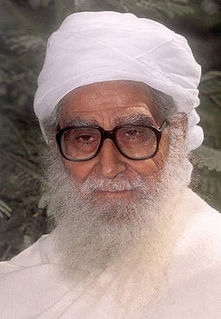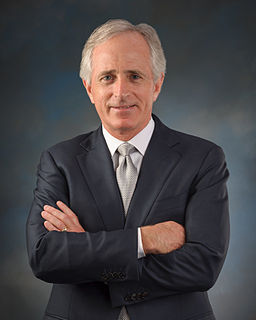A Quote by Morris Raphael Cohen
It is not impossible to think that the minds of philosophers sometimes act like those of other mortals, and that, having once been determined by diverse circumstances to adopt certain views, they then look for and naturally find reasons to justify these views.
Related Quotes
I think people cast their votes for a number of reasons. I think if you look at your polls, you'll probably find that many, many people think that our views are closer to what they believe the future of America should be. That our views are closer on economic issues. And a lot of those polls come down to demographics, to age, to how much money you are making.
If I advance new views in Philosophy or Theology, I cannot expect to have many adherents among minds altogether unprepared for such views; yet it is certain that even those who most fiercely oppose me will recognize the power of my voice if it is not a mere echo; and the very novelty will challenge attention, and at last gain adherents if my views have any real insight.
The great philosophers of the 17th and 18th centuries did not think that epistemological questions floated free of questions about how the mind works. Those philosophers took a stand on all sorts of questions which nowadays we would classify as questions of psychology, and their views about psychological questions shaped their views about epistemology, as well they should have.
Kantians are saddled with absolutist views, Aristotelians are accused of vagueness, and there is almost no horror to which Consequentialists are innocent of, according to some critics. While all these families of views have been victimized in these ways, Consequentialists have gotten the worst of it. I think this may have something to do with the fact that Kant and Aristotle are acknowledged to be great philosophers, and we tend to read the greats sympathetically, while Consequentialism is a family of views not rooted in the work of a single great man to whom this kind of deference is owed.
There is such a polarized discussion of economics among people like analysts, columnists, bloggers; often, they end up just saying that views other than their own should not even be discussed. I find that frustrating. There is no intellectual progress without considering lots and lots of different views.
Sometimes when a video goes viral, it gets a ton of views very quickly: they'll get a couple of million within a few hours. All of my baking videos, even the more higher viewed ones, are like a slow burn. Right away they usually get 200,000 to 400,000 views, and then as they sit there for a few months, then they really explode.









































